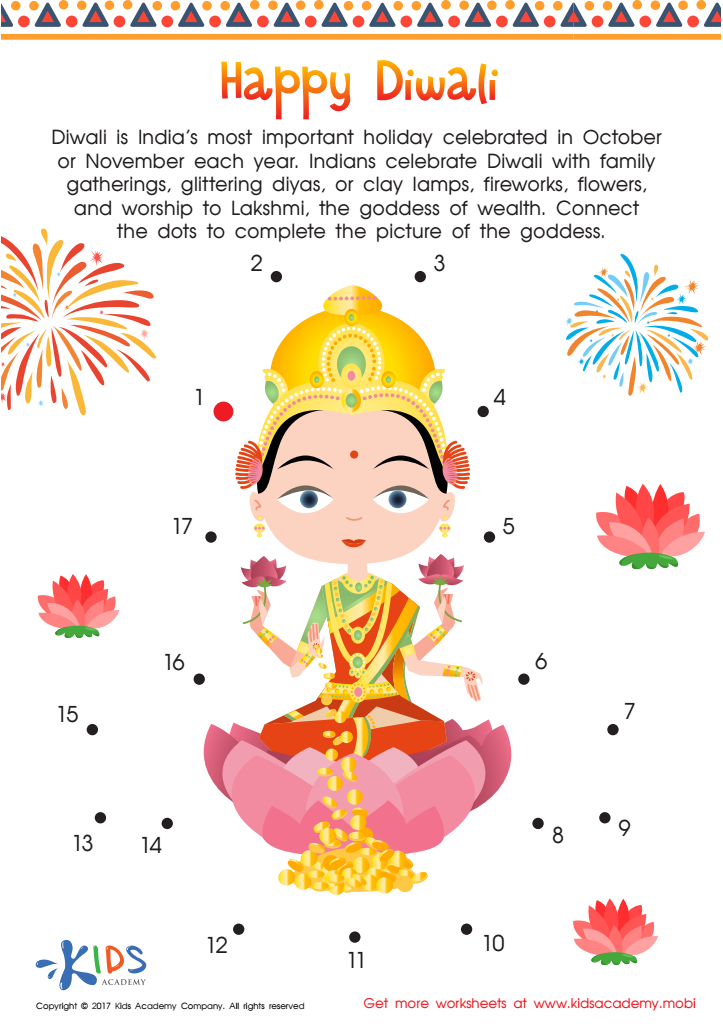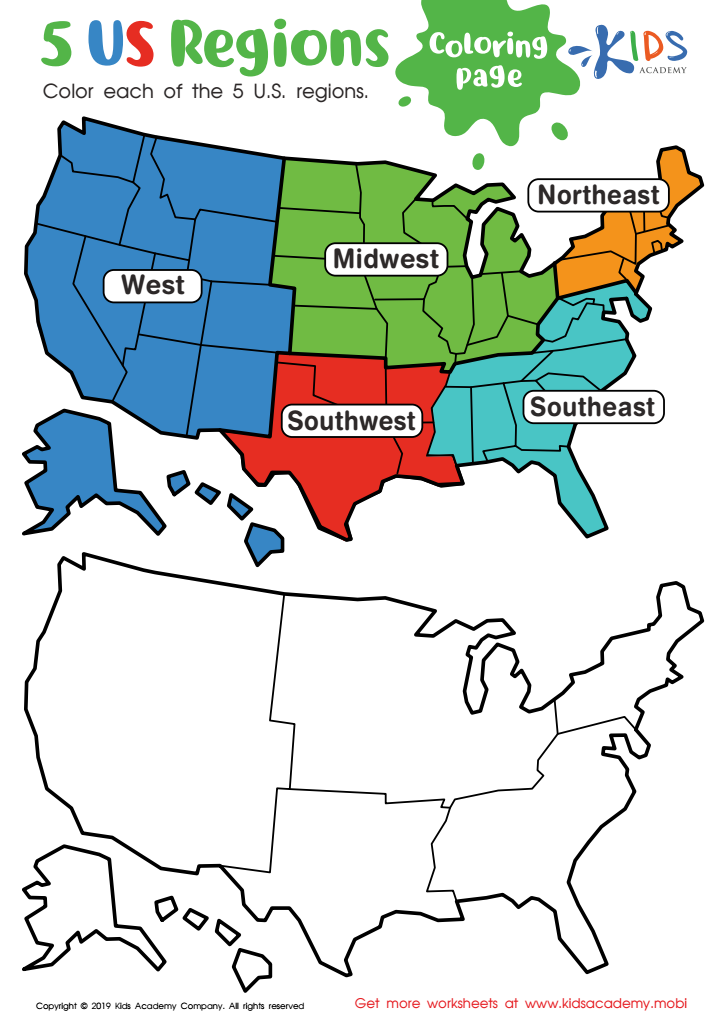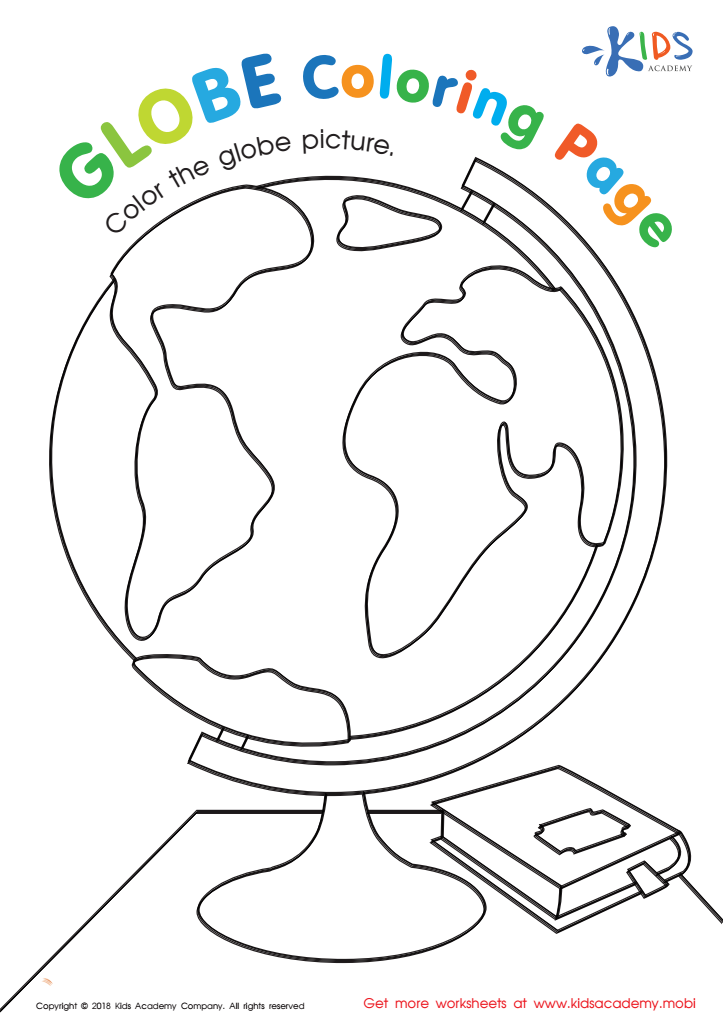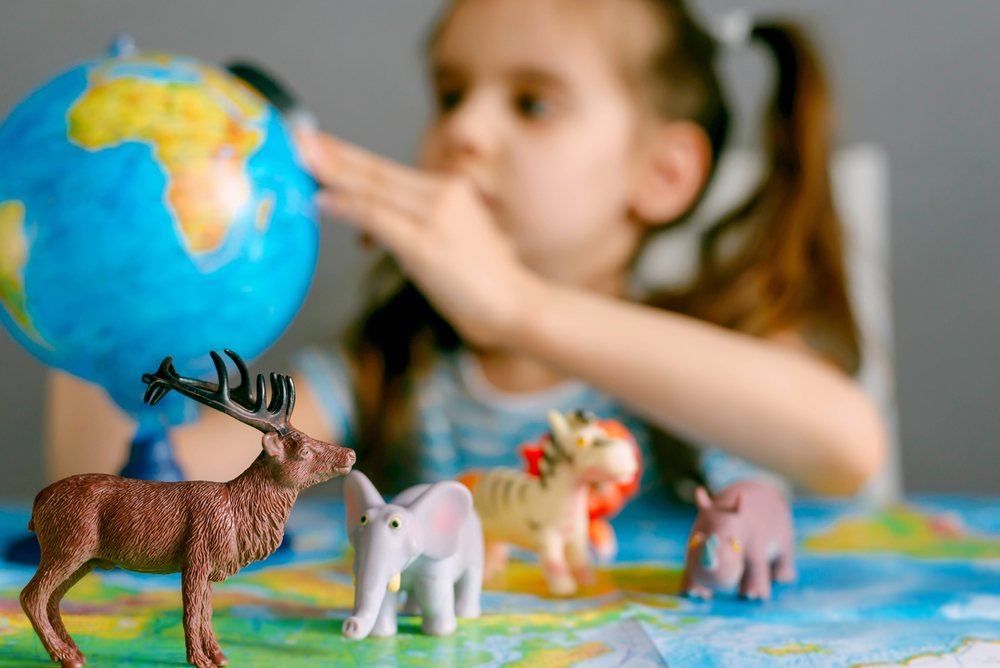Color recognition Geography Worksheets for Ages 5-9
3 filtered results
-
From - To
Introducing our engaging "Color Recognition Geography Worksheets for Ages 5-9"! These interactive worksheets are designed to help young learners identify colors while exploring geographical concepts. Each worksheet is crafted to enhance color recognition skills through fun activities that link colors to maps, flags, and geographical landmarks. Kids will enjoy vibrant illustrations and easy-to-follow tasks, making color learning exciting and effective. Perfect for early education settings, homeschooling, or supplementary practice, these resources help develop important cognitive skills in a playful environment. Foster your child's love for geography and colors today! Visit our website to access these colorful worksheets now!


Happy Diwali Printable


US Regions Coloring Page Worksheet


Globe Coloring Page Worksheet
Color recognition in geography is a fundamental skill for children aged 5 to 9, enhancing their developmental milestones and fostering a deeper understanding of the world. For parents and teachers, nurturing this skill helps children make connections between color and geography, which can affect their learning and creativity in various subjects.
Understanding color recognition aids in map literacy, as children learn to identify different regions and terrains through color-coded elements. For instance, they can differentiate between mountains (often green or brown) and bodies of water (often blue), fostering spatial awareness. Engaging in activities that combine colors with geographical concepts encourages critical thinking and problem-solving, laying a foundation for advanced learning.
Moreover, mastering color recognition enhances children's communication skills. As they describe geographical features, they learn to express themselves and collaborate with peers effectively. This recognition further feeds into the social aspects of learning, as children appreciate diversity through the exploration of global cultures, environments, and landscapes.
Ultimately, by valuing color recognition in geography, parents and teachers play a pivotal role in developing children’s cognitive, social, and emotional skills, ensuring they become informed and engaged global citizens.

 Assign to My Students
Assign to My Students


















